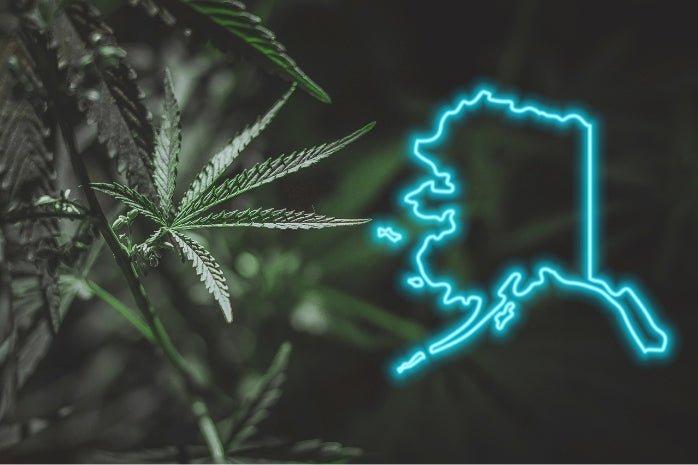Over 3,000 businesses and entrepreneurs have submitted applications to become part of the state's burgeoning low-dose THC, hemp-based sector.

The hemp business is booming in Minnesota. With much of the news surrounding the mercurial plant and its myriad of innovative and somewhat controversial byproducts leaning heavily to the negative over the past couple of years, there are certain economic pockets around the country where the cousin to cannabis is doing exceptionally well. One of those places is the "Land of 10,000 Lakes."
Multiple local and national media outlets report that more than 3,000 companies and entrepreneurs have applied for business licenses to join Minnesota's growing hemp product industry. The deadline to submit applications was October 1, and according to the Minnesota Department of Health, the lead-up to that cut-off date saw application filings more than double from around 500 in mid-August to 1,250.
For any business, including liquor stores, that "sell hemp-derived cannabinoid products containing THC, CBD, or both," application for a license is required per health department regulations. Registration was free for all companies who successfully submitted applications before the deadline. Likewise, operators received a certificate and unique ID number via email once they completed their registration process.
What makes this new crop of registered businesses unique is that they will be subject to regulations and taxation provisions under Minnesota's adult-use cannabis law that took effect in May when Governor Tim Walz (D) signed the historic measure into law.
The new law also transferred regulatory oversight of the hemp-derived products market sector from the Board of Pharmacy to the Office of Medical Cannabis (OCM). The OCM made some rather dubious and unwanted news last month when its newly appointed director abruptly resigned just one day after being chosen by Governor Tim Walz (D) to run the regulatory agency in charge of establishing rules and regulations for Minnesota's legal marijuana market.
According to an MPR News-APM Reports investigation, Erin Dupree's hemp business, Loonacy Cannabis Co., which she founded in July 2022, allegedly sold products that exceeded state limits on THC potency. The investigation also discovered that she owed large sums to former business associates and employees and had amassed tens of thousands of dollars in federal tax liens.
While an obviously embarrassing moment for Dupree and the Governor, her resignation will only provide a mild, if slightly irritating, delay to the rulemaking process for both adult-use marijuana goods and low-dose, hemp-derived products as Walz searches for a replacement director.
Minnesota's hemp market is distinctive because manufacturers and retailers were given unprecedented regulatory free reign following the passage of an amendment to a larger spending bill in May 2022, allowing the sale of hemp-derived THC edibles in mainstream retail businesses such as convenience and grocery stores.
Once the law went into effect on July 1, 2022, retailers began selling THC products derived from hemp without a license, igniting a wave of product innovation and marketing opportunities for retail operators.
This combination of factors has helped Minnesota become the fastest-growing market for hemp-derived low-dose THC beverage offerings in the country. It is even outpacing sales in Canada and Europe. With monthly sales topping over $1 million, Minnesota is reaping unprecedented financial benefits primarily due to all that widespread retail access, the easing stigmas associated with cannabis and the state's advantageous geographic location.
The surge in applications leading up to the October 1 deadline further proves the potential economic power available to aggressive and imaginative small to medium-sized business owners through the hemp-derived product industry. With the legalized adult-use cannabis market still 12-18 months away from opening its first retail dispensaries, the hemp-based THC product market promises much faster results and financial returns to businesses interested in dipping their collective toes in the hemp/cannabis ocean of opportunities.
And as more creative minds with capital for investment enter the hemp arena, those results are sure to increase and expand for an industry still in its early stages of growth and development.








































